Deuteronomy 34 1 12 nrsv – Deuteronomy 34:1-12 NRSV is a pivotal passage in the biblical narrative, marking the transition from Moses’ leadership to Joshua’s and offering a glimpse into the Promised Land.
This passage provides insights into Moses’ final days, the significance of his death and burial, and the commission of Joshua to lead the Israelites into the land flowing with milk and honey.
Biblical Context
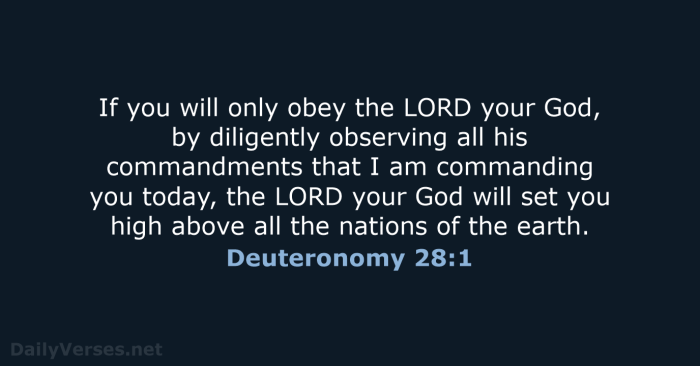
Deuteronomy 34:1-12 concludes the book of Deuteronomy, a collection of speeches attributed to Moses, the Israelite leader. These speeches provide a theological and ethical framework for the Israelites as they prepare to enter the Promised Land.
Events Leading Up to the Passage
- Moses has led the Israelites for 40 years in the wilderness, following their exodus from Egypt.
- He has delivered the Law to them, including the Ten Commandments, and established a covenant between God and the people.
- The Israelites are now on the cusp of entering Canaan, the land promised to their ancestors.
Events Following the Passage
- Moses commissions Joshua as his successor.
- The Israelites cross the Jordan River into Canaan.
- They conquer the land and establish their own kingdom.
Moses’ Death and Burial
Moses, the great leader and prophet of Israel, died on Mount Nebo at the age of 120. According to the account in Deuteronomy 34, Moses ascended the mountain to view the Promised Land, which God had promised to his people.
However, God did not allow Moses to enter the land, as he had disobeyed God’s command at the waters of Meribah (Numbers 20:12).
Moses’ Burial in an Unknown Location
After Moses’ death, God buried him in an unknown location. This was done to prevent the Israelites from worshiping Moses’ grave as a sacred site. The location of Moses’ burial remains a mystery to this day.
Joshua’s Commission
The death of Moses marked a significant transition in the leadership of the Israelites. God’s commission of Joshua to lead the people into the Promised Land was a pivotal moment in their history.
God’s Commission
God appeared to Joshua and gave him a clear and direct command to lead the Israelites across the Jordan River and into the land that He had promised to their ancestors. God assured Joshua of His presence and support, saying, “I will be with you as I was with Moses; I will not fail you or forsake you” (Deuteronomy 31:8).
Significance of Joshua’s Commission
Joshua’s commission was significant for several reasons. First, it showed that God was continuing to guide and direct His people, even after the death of their great leader, Moses. Second, it demonstrated God’s confidence in Joshua’s ability to lead the Israelites.
Third, it gave the Israelites hope and reassurance as they prepared to enter the Promised Land.
Joshua’s Response
Joshua responded to God’s commission with faith and obedience. He acknowledged God’s presence and support and promised to follow His commands. Joshua’s willingness to lead the Israelites into the Promised Land was a testament to his faith in God and his commitment to His people.
Moses’ Legacy
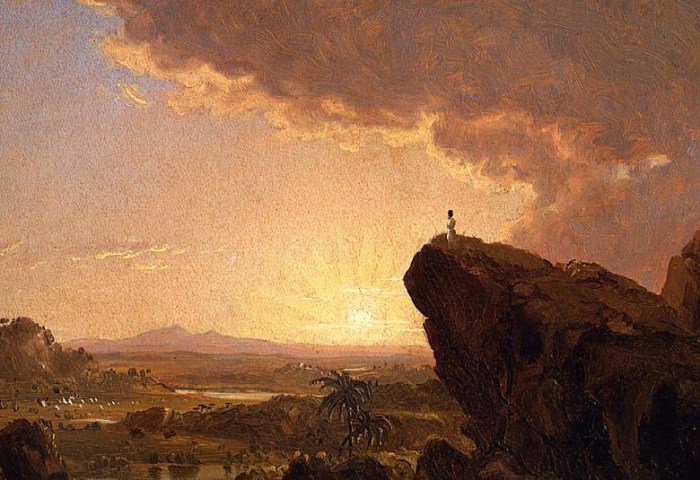
Moses, a pivotal figure in the Old Testament, left an enduring legacy that shaped the Israelites’ destiny. His exceptional leadership and profound spiritual influence continue to inspire generations.As a leader, Moses possessed remarkable charisma, strategic brilliance, and unwavering faith. He guided the Israelites through perilous journeys, negotiated alliances, and established a comprehensive legal and religious framework.
His unwavering commitment to justice, compassion, and righteousness became the cornerstone of Israelite society.
Moses’ Accomplishments
Moses’ accomplishments were numerous and far-reaching:
-
-*Liberation from Egypt
Under Moses’ leadership, the Israelites were freed from centuries of slavery in Egypt. This momentous event marked the birth of the Israelite nation and laid the foundation for their future independence.
-*Covenant with God
Moses played a pivotal role in establishing the covenant between God and the Israelites at Mount Sinai. This covenant Artikeld the Israelites’ responsibilities and God’s promises of protection and guidance.
-*Ten Commandments
Moses received the Ten Commandments from God, providing the Israelites with a moral and ethical code that shaped their conduct and behavior.
-*Establishment of the Tabernacle
Moses oversaw the construction of the Tabernacle, a portable sanctuary where the Israelites could worship God. The Tabernacle became a central symbol of God’s presence among His people.
-*Religious and Legal Framework
Moses established a comprehensive religious and legal framework for the Israelites, including dietary laws, festivals, and a system of judges. These laws and practices helped to maintain order and unity within the Israelite community.
The Promised Land: Deuteronomy 34 1 12 Nrsv
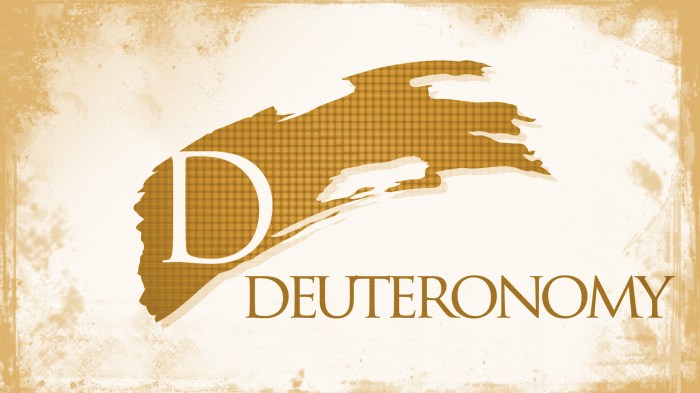
The Promised Land, as described in Deuteronomy 34:1-12, is a land flowing with milk and honey, a land of hills and valleys, springs and streams, a land of wheat and barley, vines and fig trees, pomegranates and olives, a land of oil and honey.
This description was significant for the Israelites because it gave them a glimpse of the land they were to inherit, a land that was rich and fertile, a land that would provide them with everything they needed to live a good life.
Significance of the Promised Land
The Promised Land was a symbol of hope and promise for the Israelites. It was a land that they had been promised by God, a land that they had been working towards for generations. It was a land that represented their future, a land that they could call their own.
The description of the Promised Land in Deuteronomy 34:1-12 is a reminder of the hope and promise that God has for his people. It is a reminder that God is faithful to his promises, and that he will provide for his people.
Symbolism and Interpretation
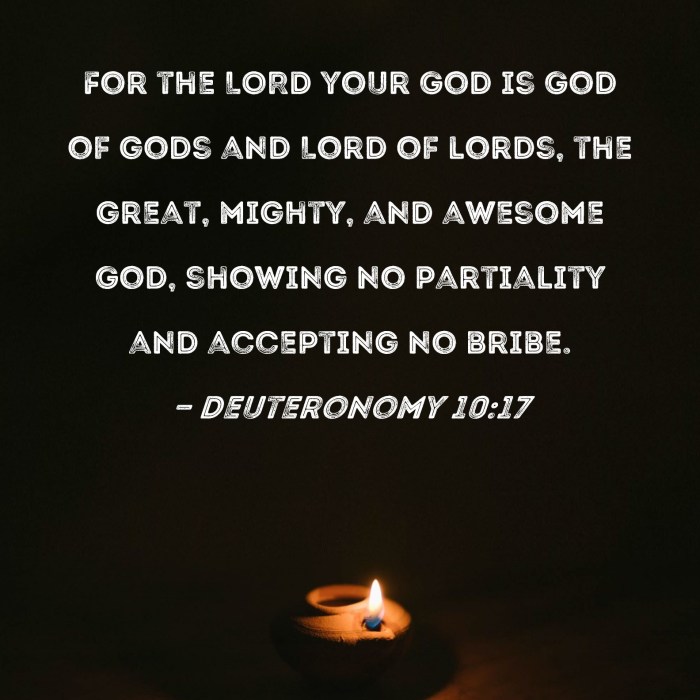
Deuteronomy 34:1-12 is rich in symbolism and imagery, which contribute to the passage’s overall meaning.
Moses’ Ascent of Mount Nebo
Moses’ ascent of Mount Nebo symbolizes his elevation to a higher spiritual plane. Mount Nebo is the traditional site of Moses’ death and is associated with the ascent of the soul to heaven. The imagery of Moses climbing the mountain suggests his journey towards God and his ultimate union with the divine.
The Promised Land
The view of the Promised Land from Mount Nebo represents the fulfillment of God’s covenant with the Israelites. Moses’ ability to see the land but not enter it symbolizes the limitations of human existence and the ultimate destination of the Israelites in the Promised Land.
Moses’ Death and Burial
Moses’ death and burial symbolize the end of an era and the transition to a new one. Moses’ death marks the end of his leadership and the beginning of Joshua’s leadership. His burial by God in an unknown location emphasizes the mystery surrounding his death and the fact that his body is not subject to human scrutiny.
Joshua’s Commission
Joshua’s commission by God to lead the Israelites into the Promised Land symbolizes the transfer of authority and responsibility from Moses to his successor. Joshua is given the same spirit as Moses, indicating that he is chosen by God to continue Moses’ work.
Deuteronomy 34:1-12 (NRSV) provides a poignant account of Moses’ final moments and the transition of leadership to Joshua. The passage highlights the significance of obedience and the enduring legacy of those who faithfully follow God’s will. As we reflect on this passage, it reminds us that even in the face of challenges, we can find strength and guidance in the knowledge that we are not alone.
Just as Joshua stepped into Moses’ shoes, we too can embrace our responsibilities with confidence, knowing that we have the support of a community and the guidance of God’s Word. To explore further mathematical concepts, you can refer to resources like Abeka Algebra 1 Quiz 28 . Returning to Deuteronomy 34:1-12 (NRSV), we are reminded of the importance of living a life dedicated to God’s purpose and the hope that awaits us beyond this earthly realm.
Moses’ Legacy
Moses’ legacy is represented by the Torah, which he passed on to the Israelites. The Torah is the embodiment of God’s covenant with the Israelites and contains the laws and teachings that guide their lives. Moses’ legacy is also seen in the leadership of Joshua, who continues to follow Moses’ example.
Theological Implications
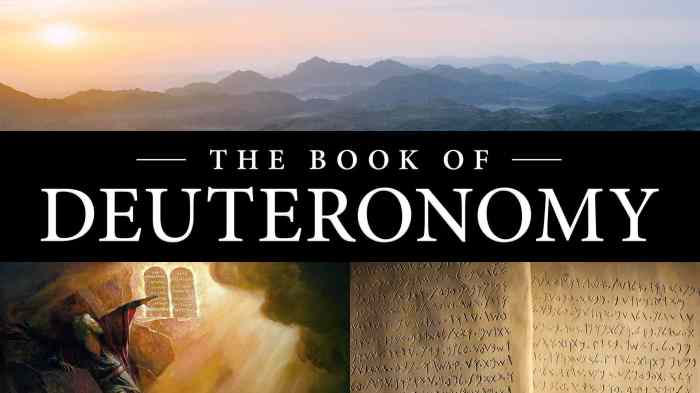
Deuteronomy 34:1-12 contains significant theological themes that contribute to the broader narrative of the Pentateuch.
Moses as a Type of Christ
The portrayal of Moses in Deuteronomy 34 draws parallels between him and Jesus Christ. Like Moses, Christ was a mediator between God and humanity, leading his people to salvation. Moses’ ascent of Mount Nebo and his view of the Promised Land foreshadows Christ’s ascension to heaven and his promise of eternal life.
The Importance of Faith
Moses’ inability to enter the Promised Land emphasizes the importance of faith. Despite his obedience and devotion, Moses’ lack of trust in God at the waters of Meribah (Numbers 20:12) prevented him from experiencing the fulfillment of God’s promise. This serves as a reminder that even those who are close to God can stumble and that faith is essential for salvation.
The Promise of a Future Deliverer, Deuteronomy 34 1 12 nrsv
Moses’ death and the commissioning of Joshua foreshadow the coming of a future deliverer, Jesus Christ. Joshua, whose name means “Yahweh saves,” led the Israelites into the Promised Land, just as Christ will lead his people to eternal life.
God’s Faithfulness
Despite Moses’ failure to enter the Promised Land, God remained faithful to his covenant with Israel. He appointed Joshua as Moses’ successor and ensured that the Israelites would inherit the land he had promised to their ancestors.
FAQ Corner
What is the significance of Moses’ death on Mount Nebo?
Moses’ death on Mount Nebo symbolizes the end of an era and the transition to a new chapter in Israel’s history.
Why was Moses’ burial location kept secret?
The unknown location of Moses’ burial was intended to prevent the Israelites from turning his tomb into a place of idolatry.
What was the significance of God’s commission of Joshua?
God’s commission of Joshua to lead the Israelites into the Promised Land demonstrated His faithfulness to His covenant and His trust in Joshua’s leadership.
